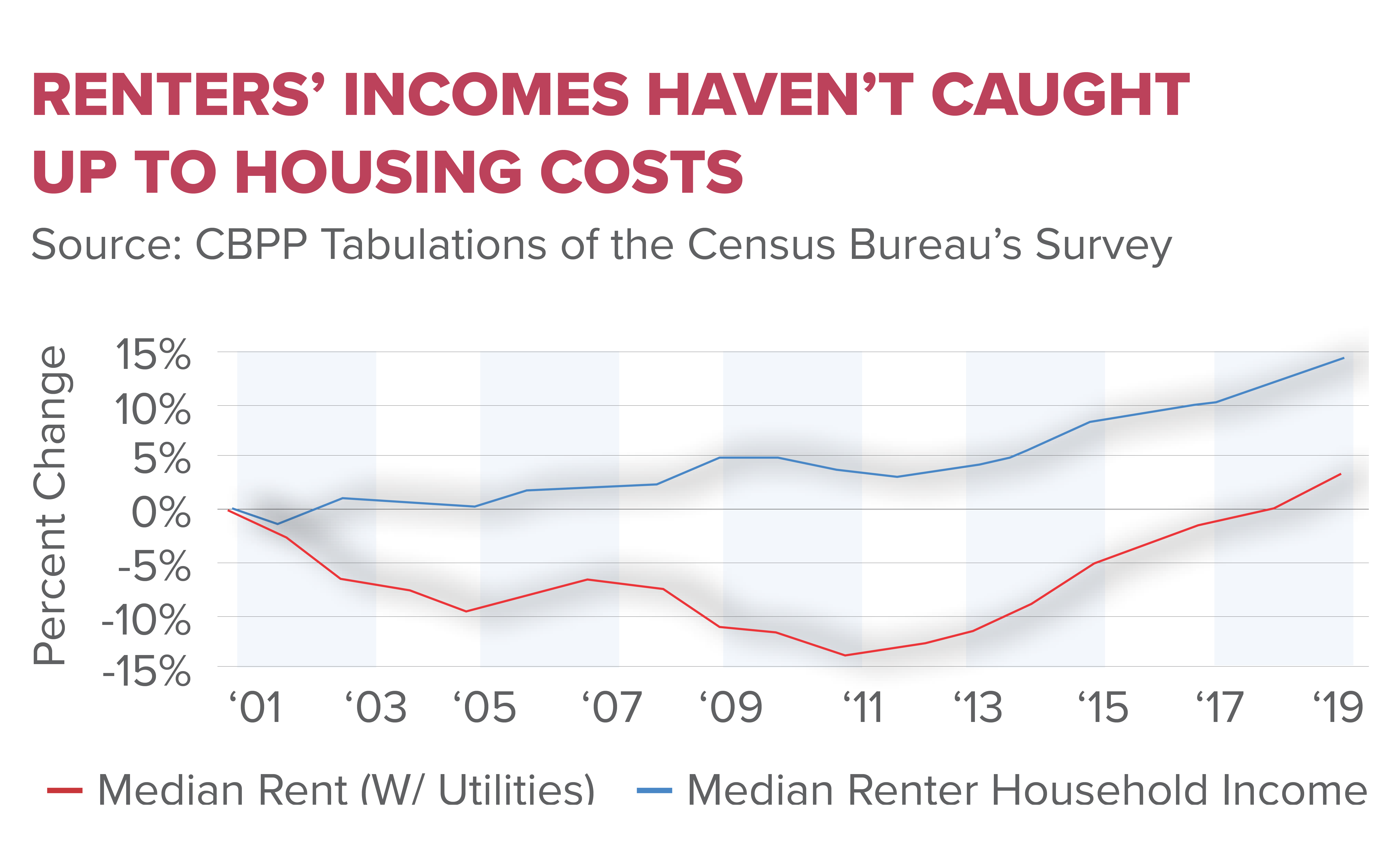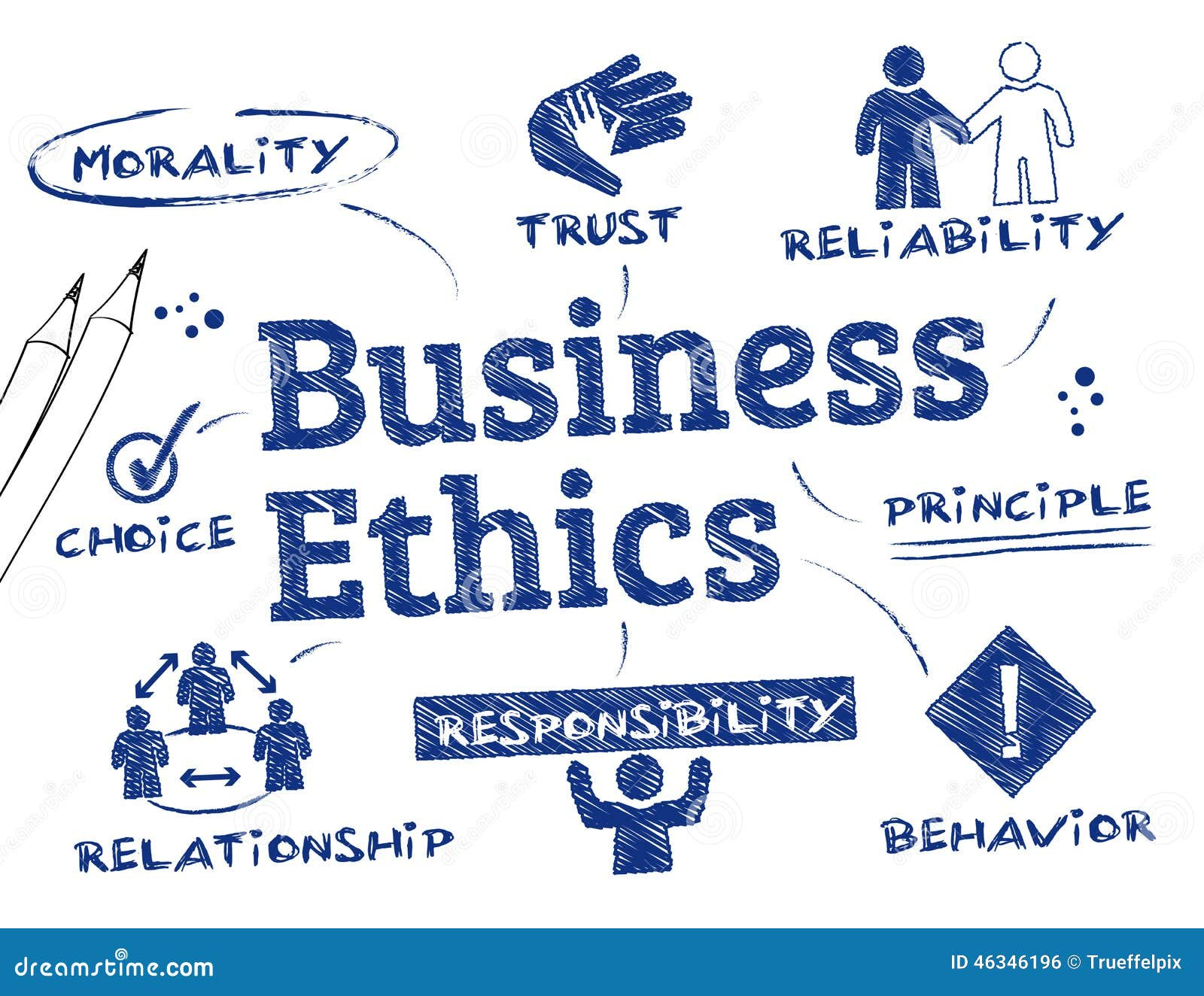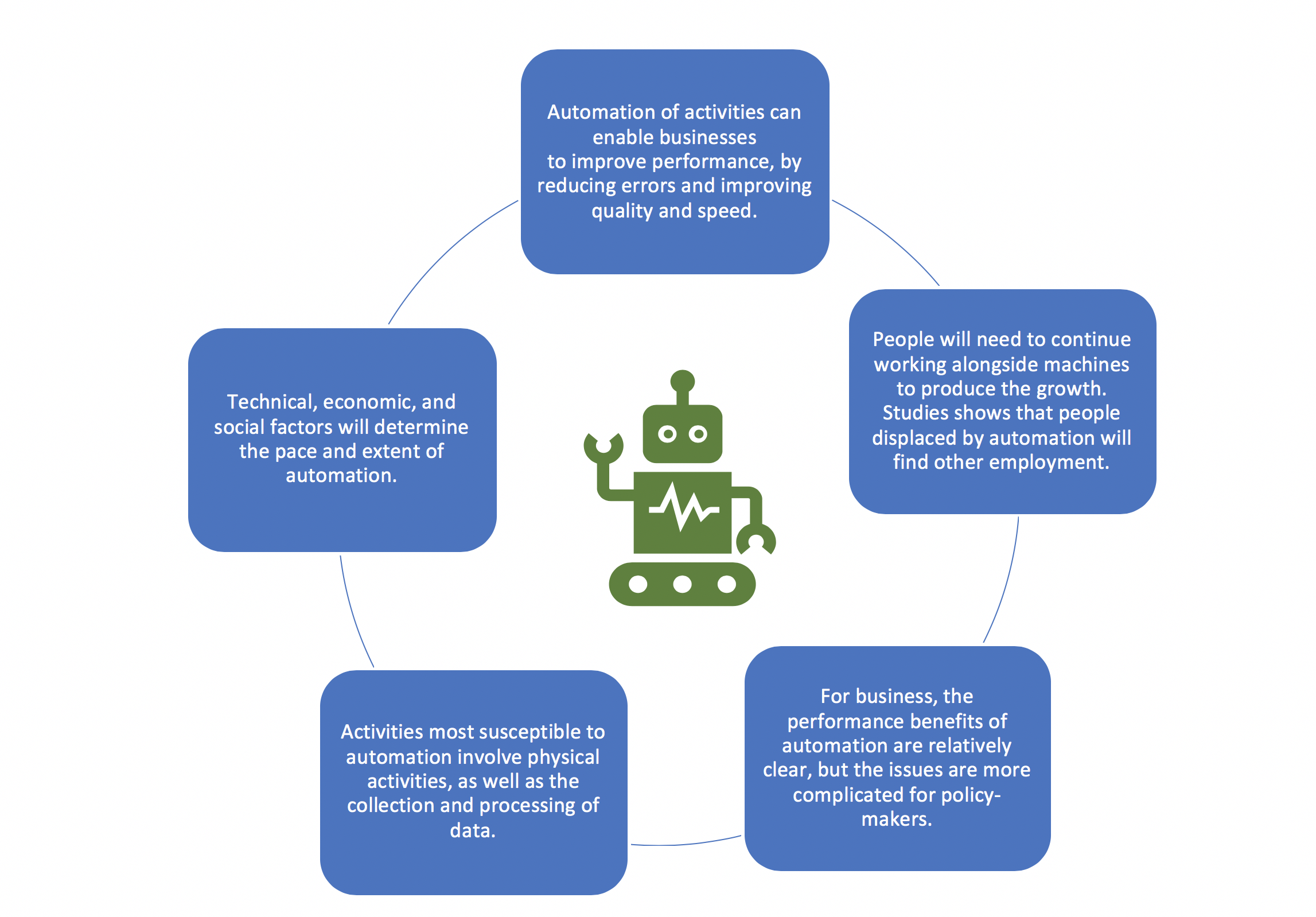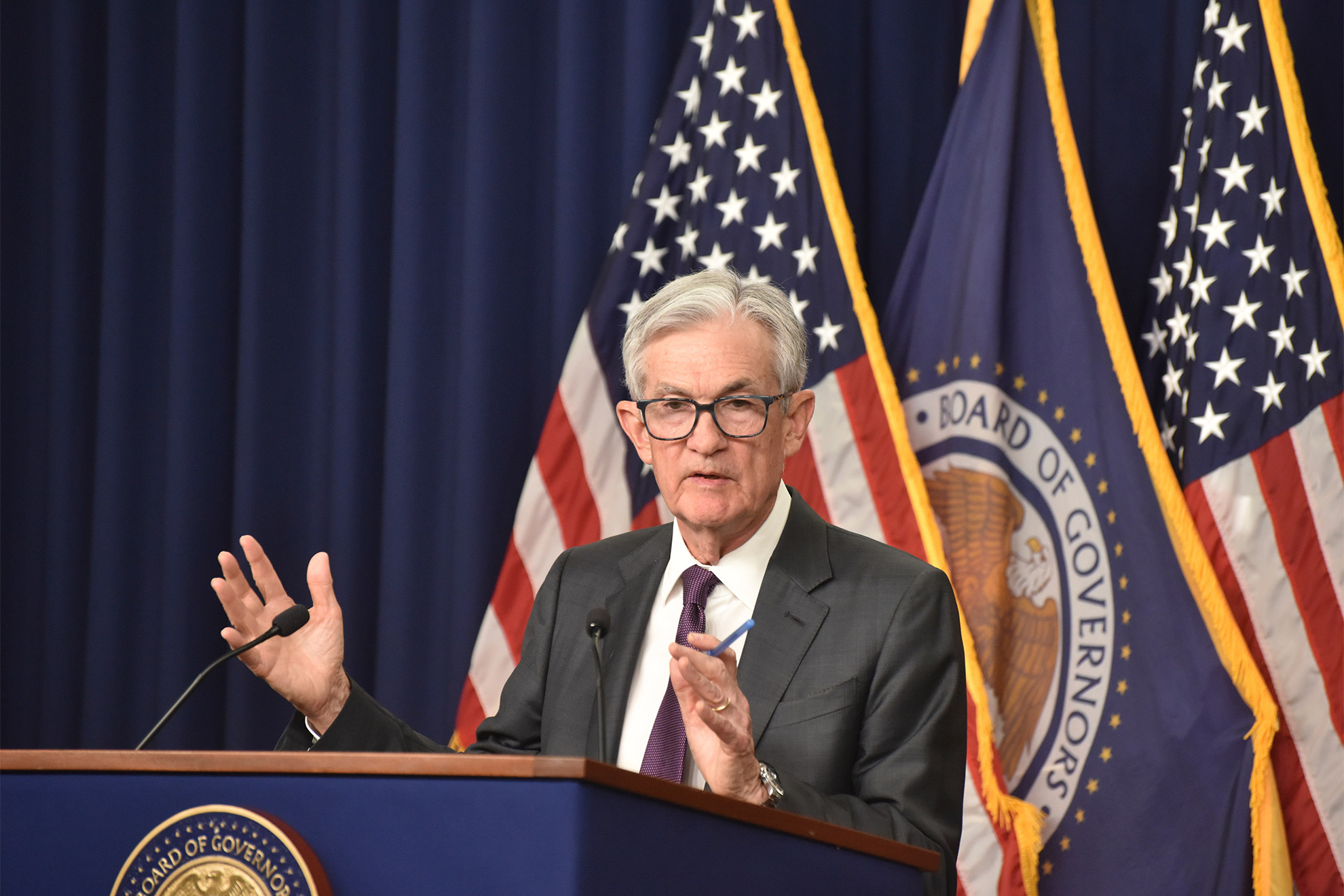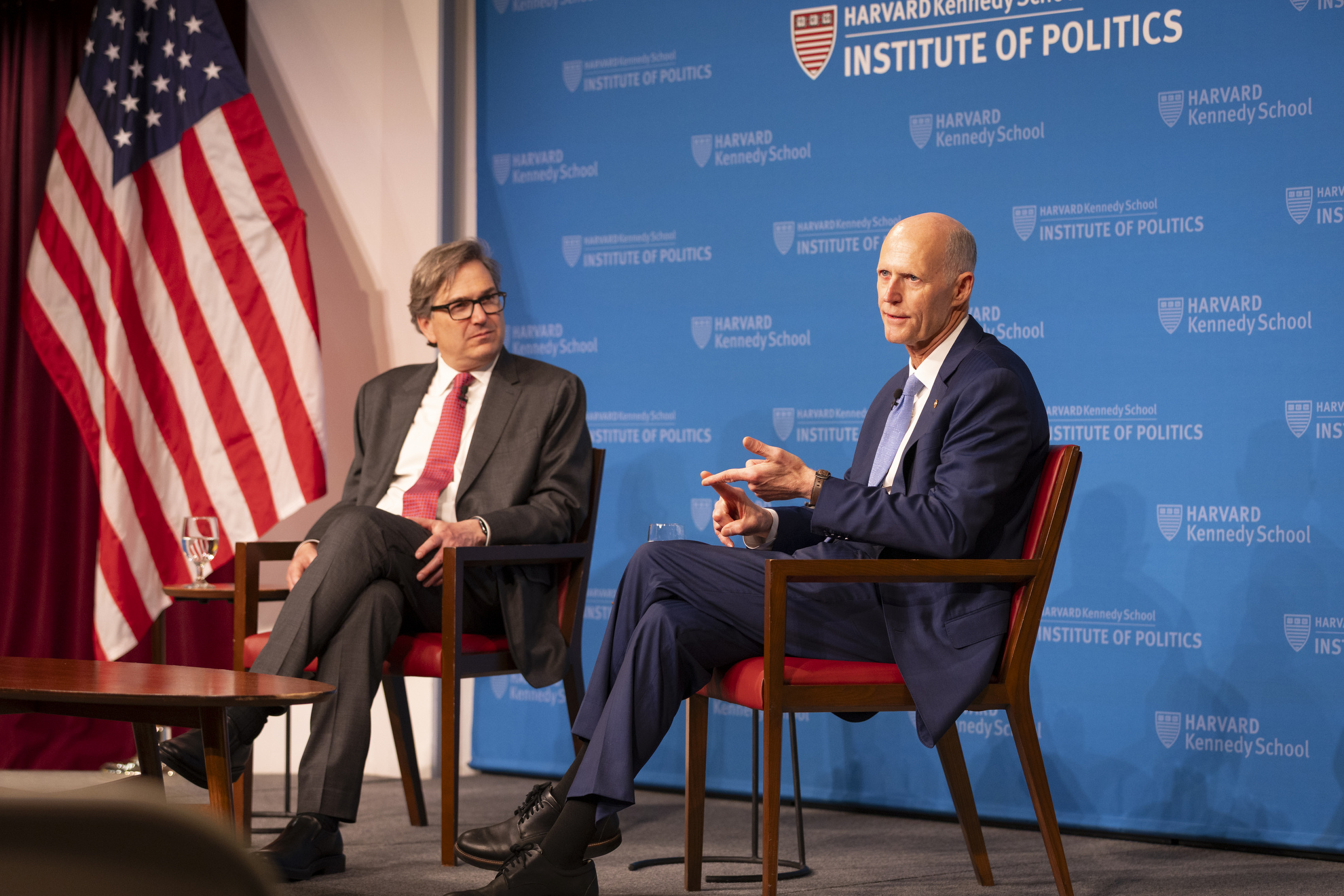The impact of tariffs on the U.S. economy has sparked extensive debate among policymakers, economists, and American workers alike. Recent discussions highlight how tariffs, particularly those championed by Senator Rick Scott and the Trump administration, aim to reshape U.S. trade policy and bolster domestic industries against international competition, especially from China. Many believe that imposing tariffs can create a more level playing field for American manufacturers, but critics warn that they may also lead to increased costs for consumers and potential job losses. As the U.S. faces fierce economic competition globally, understanding the ramifications of these tariffs is crucial for the stability and growth of the domestic market. Whether they ultimately benefit American workers or hinder economic progress remains a contentious question in today’s political landscape.
Analyzing the influence of import duties on the American economy reveals much about the current state of U.S. economic strategy. The recent tariff initiatives, as advocated by figures like Senator Scott, are designed to defend domestic industries against external pressures, particularly from competing economies like China. While supporters argue that such measures protect American jobs and promote fair trade practices, opponents caution that they might disrupt supply chains and increase prices for everyday consumers. As this discourse continues, it is important to dissect how these trade barriers interact with the broader U.S. economic framework and what they mean for the future of American labor.
Understanding the Effect of Tariffs on the U.S. Economy
Tariffs have emerged as a pivotal factor influencing the U.S. economy, particularly in shaping trade relations with countries like China. Senator Rick Scott supports the Trump administration’s tariffs, positing that they can level the playing field for American workers. By imposing these tariffs, the government aims to press other nations into lowering their own trade barriers, fostering an environment where U.S. products can thrive. However, the economic repercussions of such tariffs can be multifaceted, affecting everything from job markets to inflation rates in the country.
Economists remain divided on the impact of these tariffs on the overall economy. While supporters like Scott argue that the tariffs will boost local manufacturing and employment, critics raise alarms about potential negative effects, such as rising consumer prices and trade wars. The considerable tariff hikes on Chinese goods, with rates as high as 145%, suggest an aggressive approach to U.S. trade policy that could have severe implications not just domestically, but globally as well. The effects on GDP, for instance, are evident as fluctuations in stock markets indicate nervousness about future economic stability.
Rick Scott’s Advocacy for American Workers through Tariffs
Senator Rick Scott’s advocacy for tariffs is framed around the narrative of protecting American workers. By pushing for higher tariffs, he asserts that domestic industries can compete more effectively against foreign products, particularly those stemming from countries like China. The Republican senator’s vision aligns with the larger goal of revitalizing American manufacturing, providing workers the opportunity to sell more goods domestically and abroad. Scott’s perspective emphasizes the importance of negotiating better trade terms in favor of U.S. interests to ensure that American companies are not undercut by foreign competitors.
However, the road to achieving these objectives through tariffs is riddled with complications. Scott’s assertion that tariffs will directly result in benefits for American workers is optimistic but overlooks the potential for backlash in the form of retaliatory sanctions from trading partners. The complexities of the global market mean that imposing tariffs can lead to higher prices for consumers, which may counteract the intended benefits for workers. Hence, while Scott continues to champion tariffs as a means to bolster the U.S. economy, the debate surrounding their efficacy persists among economists and policymakers.
China’s Role in U.S. Trade Policy and Economic Competition
In recent discourse about U.S. trade policy, China remains a focal point of concern, as illustrated by Senator Scott’s staunch views. He has expressed that significant tariffs should be imposed specifically on Chinese goods to mitigate the economic threat posed by the country. This competition not only revolves around trade but also extends to technological advancements and military prowess. By targeting China with tariffs, policymakers aim to protect American jobs while addressing the perceived imbalances in trade relations.
Scott argues for a complete halt in trade with China, suggesting that heightened tariffs are essential for national security and economic sovereignty. The underlying belief is that a robust stance against China will ensure that the U.S. maintains its competitive edge in the global market. However, the debate continues about whether isolating trade with such a significant player will ultimately benefit the U.S. economy or if it will foster an environment of economic conflict that could lead to further complications, such as increased costs for American consumers and potential job losses in import-dependent sectors.
Analyzing Trump’s Tariffs and Their Economic Implications
The tariffs implemented during the Trump administration are viewed by supporters, including Senator Rick Scott, as a necessary tool to rectify longstanding trade imbalances. By imposing these tariffs, the administration aimed to protect American manufacturers while encouraging foreign nations, particularly China, to negotiate fairer trade terms. However, these actions have sparked significant controversy, as many argue that the tariffs may inflict more harm than good on the U.S. economy. The concern lies in their potential to inflate prices, affecting everyday consumers and small businesses alike.
Moreover, the volatility in the stock market following the introduction of these tariffs illustrates the level of uncertainty surrounding Trump’s trade policies. The significant decline in gross domestic product during the first quarter raises questions about the effectiveness and timing of such measures. While Scott views tariffs as a pathway to economic empowerment for American workers, the overall impact remains a subject of debate among analysts who warn of the long-term consequences that could ensue from such aggressive trade tactics.
Impact of Tariffs on Inflation and National Debt
As tariffs are introduced, a common concern among economists is their potential impact on inflation. Senator Rick Scott has stated that he is uncertain about how these tariffs will influence inflation rates, drawing attention to the interconnectedness of trade policy and overall economic health. He emphasizes the necessity of balancing the national budget as a more effective approach to curbing inflation than solely relying on tariffs. Despite Scott’s optimism about the benefits of tariffs, the looming threat of increased prices for consumers remains a critical argument against their implementation.
Additionally, with the national debt projected to reach staggering levels in the coming years, the economic strategies surrounding tariffs could exacerbate existing financial burdens. Analysts argue that tariffs may complicate efforts to stabilize the economy, as increased prices could reduce consumer spending and economic growth. Scott’s viewpoint on the necessity of reducing spending highlights the complexity of managing tariffs in conjunction with fiscal policy, suggesting that a more holistic approach may be required to address both inflation and national debt effectively.
The Future of Trade Relationships and Tariffs in America
The future of trade relationships under the influence of tariffs remains uncertain, particularly with key nations like China being at the forefront of U.S. trade policy discussions. Senator Rick Scott’s firm stance on tariffs indicates a strategic position aimed at reshaping America’s economic landscape. However, as the U.S. navigates this path, discussions on whether to adopt broad tariffs or targeted individual agreements are essential in determining the most effective strategy.
In the long run, the ramifications of current tariff policies may lead to a reevaluation of America’s approach to international trade. Should tariffs remain a fixture of U.S. trade tactics, the potential consequences—both positive and negative—will require careful monitoring. Trade experts foresee a need for a more nuanced strategy that balances the interests of American workers with the realities of a globalized economy, encouraging dialogue and partnerships over isolationism.
Evaluating the Economic Landscape Amidst Tariff Changes
As tariffs reshape the economic landscape, it is crucial to evaluate their broader implications on both domestic and global economies. Senator Rick Scott champions the notion that these tariffs will lead to a stronger U.S. workforce, yet the reality may differ based on economic reactions and adjustments. The introduction of significant tariffs can stir economic unpredictability, with stock market fluctuations exemplifying the immediate anxiety surrounding these changes.
Furthermore, the varying stances among economists on tariff efficacy lead to a fragmented understanding of their potential long-term impacts. As discussions about protecting American jobs and closing trade deficits continue, it remains essential to analyze how these economic strategies may affect overall growth and stability. The ongoing conversation on tariffs will certainly play a central role in shaping future U.S. trade policies and economic conditions.
Trade Wars and Their Long-term Economic Ramifications
The concept of trade wars, particularly those initiated through tariffs, invites a critical examination of their long-term economic ramifications. Senator Rick Scott aligns with the notion that tariffs can serve as a tool for better trade relations, but the potential for retaliation from other nations, especially China, creates an intricate web of challenges. As tariffs rise, countries may respond with their own retaliatory measures, causing a cycle of economic conflict that could harm businesses and consumers alike.
The unpredictability of trade wars can disrupt established supply chains and increase costs for consumers, leading to a broader economic slowdown. Analysts caution that while tariffs may yield short-term gains for specific sectors, the long-term ramifications could undermine the very objectives they aim to achieve. The future of American trade policy must carefully consider these dynamics to ensure that it fosters a productive, competitive economy that benefits American workers.
The Political Landscape Surrounding Tariffs and Trade Policy
The political landscape regarding tariffs and trade policy is deeply polarized, with figures like Senator Rick Scott endorsing a strong tariff strategy to protect American interests. This divisive issue transcends traditional party lines, prompting discussions about national security, job protection, and the broader implications of trade agreements. Scott’s alignment with Trump administration policies solidifies his position as an advocate for aggressive tariff measures, hoping to counteract perceived threats from countries like China.
However, the differing perspectives within the political sphere reveal a complex environment where negotiations and compromises are essential. As debates continue, the challenge remains to unify differing viewpoints in order to establish a coherent and strategic approach to trade that benefits both the economy and U.S. workers. The success of any future tariffs policy will rely heavily on bipartisan collaboration and a nuanced understanding of the economic landscape.
Frequently Asked Questions
How do tariffs impact the U.S. economy according to Rick Scott?
Senator Rick Scott supports the Trump administration’s tariffs, arguing that they aim to level the playing field for American workers by encouraging other nations to reduce their own tariffs. He believes that these tariffs will ultimately help American workers by promoting exports and countering unfair trade practices, particularly from China.
What is the relationship between tariffs and American workers in U.S. trade policy?
Tariffs, as articulated by Rick Scott, are intended to support American workers by reducing competition from countries with lower standards and encouraging domestic manufacturing. Scott argues that by imposing tariffs, the U.S. can bolster its workforce and ensure fairer competition in international markets.
How are Trump’s tariffs affecting U.S. economic performance?
The Trump administration’s tariffs have led to significant market volatility, contributing to a contraction in the U.S. economy, particularly noted in the first quarter GDP decline. Critics, including economist Jason Furman, argue that these tariffs could harm the U.S. economy by increasing costs for consumers and disrupting supply chains.
What is Senator Rick Scott’s opinion on trade with China amid tariffs?
Senator Rick Scott strongly opposes trade with China, suggesting that restricting trade with them through tariffs is necessary to prevent economic and military conflicts. He believes that weakening China’s economy through tariffs is crucial for American national security.
What potential consequences do tariffs have on inflation according to Rick Scott?
Rick Scott expressed uncertainty about how tariffs will influence inflation but stressed that controlling inflation may require balancing the budget. He indicates that the economic effects of tariffs on inflation remain to be seen, suggesting a need for careful monitoring.
| Key Point | Details |
|---|---|
| Rick Scott’s Defense of Tariffs | Scott argues that tariffs can help the U.S. worker by leveling the playing field against foreign competition. |
| Focus on China | Scott views China as the primary competitor and believes the U.S. should limit trade with them to avoid conflict. |
| Economic Impact | The imposition of tariffs has led to stock market volatility and a contraction in GDP. |
| Criticism of Tariffs | Economists like Jason Furman argue that tariffs may harm the U.S. economy instead of helping. |
| Tariff Rates | The U.S. has set a 10% tariff on most nations, while China faces a 145% tariff. |
| Concerns About Inflation | Scott is uncertain about the impact of tariffs on inflation, emphasizing the need for a balanced budget. |
Summary
The tariffs impact on the U.S. economy remains a contentious issue, with advocates like Senator Rick Scott believing they protect American workers, while critics warn of potential economic harm. The complex relationship between tariffs, international trade, and U.S. fiscal health continues to evolve, making it essential for policymakers to navigate these challenges carefully.





